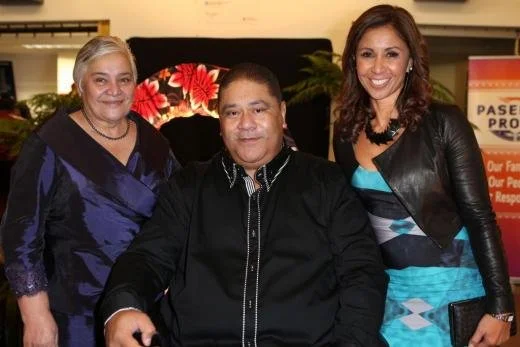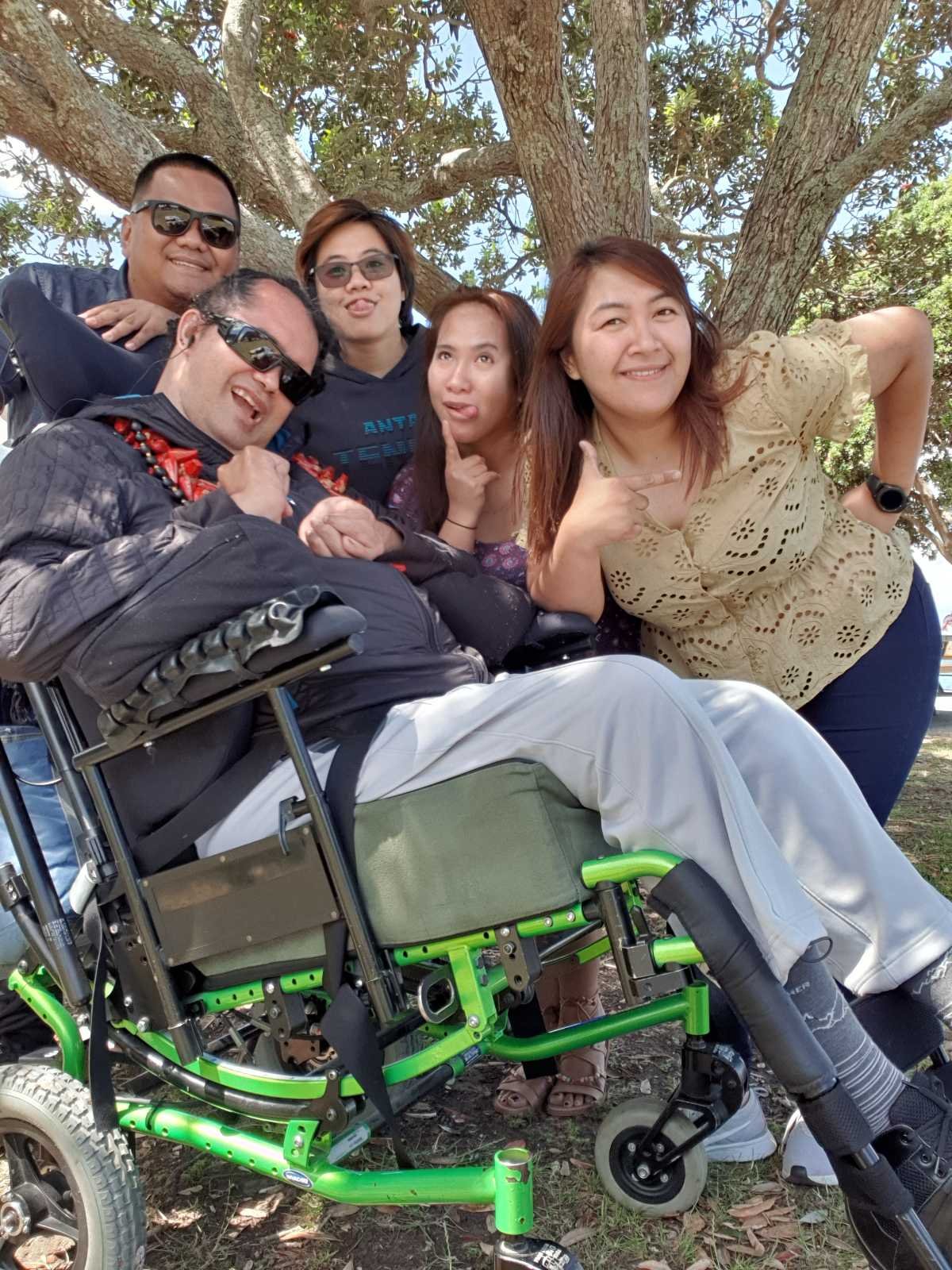
WEIT Clinic Projects
Explore our latest projects and community-focused initiatives that empower and uplift local organisations. Our partnerships include impactful collaborations with groups such as the Steven Adams Training Camps, which support young athletes in reaching their full potential, and iAwhi, which delivers valuable community assistance and mentorship through technology. These projects embody our commitment to fostering positive change and creating opportunities for growth and connection across the community.

The Ponsonby News recently wrote an article on What Ever It Takes Rehabilitation’s Director Charmeyne Te Nana-Williams and her achievement in receiving one of New Zealand’s most prestigious awards the Queens Service Medal by celebrating with an investiture dinner.
Journalist Monica Tischler of the Western leader writes an article about Charmeyne TeNana-Williams after the announcement of her award for the Queens service medal for her work in the disability sector.
Jon and Naomi visited Charmeyne Tenana-Williams director of 'What ever it takes' to discuss her role as a leader of the Whanau ora team and describes the courage and strength of character along with an amazing care team has enabled her clients to live life the way they want.
Charmeyne Te Nana-Willliams and Pati Umaga attended the Pacific Music Awards at the Vodafone Events Centre in Auckland on Thursday night the 30th of May.
We have Anahera Herbert-Graves (CEO, Te Runanga o Ngāti Kahu) explain the prinicipals of Pono, Tika and Aroha inTikanga Works that we use in our organisation.
Monday the 14th of November saw the opening of Waimarie Whare in West Aucklands lovely Babich Vineyards area. The whare is a partnership between What Ever it Takes Trust and Housing New Zealand and is a “House of Hope” for whanau affected by Serious Injury resulting in complex disability
Journalist Chris Barton from the NZ Weekend Herald wrote an article around the abuse and consequent battle that whānau with disability can be subjected to.
This collection of beautiful heartwarming images by Terry Winn began during an outing when the well known New Zealand photographer observed an elderly couple enjoying a picnic in the sun. The wife’s attentive support for her disabled husband made Terry wonder about other carers: how many are there, what are their lives like?
Monday the 23rd of May saw the launch of the “We Care” Campaign. It has been launched by Carers NZ and the NZ Carers Alliance of 40+ national not for profits to increase recognition for our country’s family, whanau, and aiga carers.
There was a time I thought we would never fulfill a lot of our dreams due to the complexity of Peter’s disability but I know now that this is definitely not the case. With the right support and a lot of organizing anything is possible with a whanau member that has a disability.
New Zealand’s largest qualitative study about the lives of family carers, undertaken by the University of Auckland, paints a disturbing picture.
The care of chronic conditions is now of major global public health significance and there is an urgent need for cost-effective and evidence-based prevention and treatment strategies. For chronic conditions, patient controlled self-care behaviours (positive or negative) have a greater impact on long-term health outcomes than medical care.
An article in Mana Magazine about “What Ever it Takes Home Based Rehabilitation and Support Services”.
Seeking a brighter future after serious injury Personal tragedy provides platform for helping others “Have faith and patience, be positive and surround yourself with people who love you.”
Finding suitable sources of assistance can be a frustrating process for family and whanau carers. If you live in Auckland, here is a list of important organisations which provide services in various areas. There are many support organisations in the Auckland region.
The influence of parents on the development of body image and self-esteem is even more powerful than the role of media and friends. Providing an accepting and supportive environment is important for all young people.
Caregiving is an artful balance of providing for someone you care for deeply and making sure your own needs aren’t being neglected. It’s essential to determine your own limitations and care for yourself as well as others. Also, it’s important to make sure you’re aware of the signs of burnout.
Because of the multi-faceted role that family and informal caregivers play, you need a range of support services not only to care for your loved one, but also to remain healthy, improve your caregiving skills and remain active in your caregiving role
Boxing is possibly less dangerous for the brain than previously feared – at least for amateurs. However, conclusive statements on the level of danger are not yet possible.
It is a five-phase model designed to address employability, independence and community reintegration for TBI survivors.
According to Census 2006, more than 400,000 New Zealanders care for someone ill or disabled living with them, or in another location













